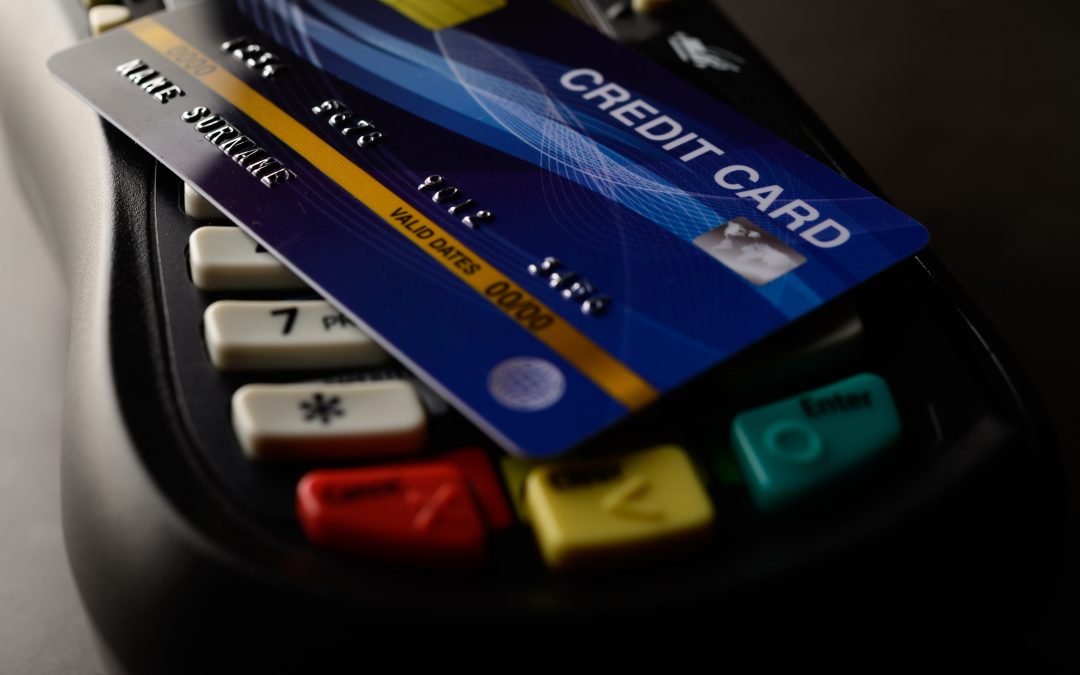In today’s consumer-driven world, credit cards have become an essential financial tool for many individuals. They offer convenience, flexibility, and the opportunity to build credit. However, before rushing to open a new credit card account, it’s crucial to be well-informed and make informed decisions. In this blog post, we will discuss important factors to consider and things to know before you decide to open a new credit card.

- Understand Your Financial Goals and Needs
Before applying for a new credit card, it’s essential to evaluate your financial goals and needs. Are you looking to improve your credit score, earn rewards, or manage unexpected expenses? Understanding your objectives will help you choose a credit card that aligns with your priorities. For example, if you plan to carry a balance, look for a card with a low-interest rate. If you travel frequently, consider a card with travel rewards and no foreign transaction fees. By identifying your goals, you can narrow down the options and find a card that suits your needs. - Research and Compare Credit Card Offers
The credit card market is highly competitive, with various providers offering different benefits, rewards, fees, and terms. Take the time to research and compare multiple credit card offers before making a decision. Look for key features such as annual fees, interest rates, credit limits, reward programs, and introductory offers. Consider reading reviews and comparing the pros and cons of each card. Many websites provide side-by-side comparisons of credit cards, making it easier to find the best fit for your financial situation. - Know Your Credit Score
Your credit score plays a significant role in determining the type of credit card you qualify for and the terms you’ll receive. Before applying for a new credit card, it’s crucial to know your credit score. You can access your credit score for free through various online services or by requesting a copy of your credit report. Good credit scores generally lead to better interest rates and more favorable terms. If your credit score needs improvement, consider taking steps to build credit before applying for a new card. - Read and Understand the Terms and Conditions
Credit card agreements can be lengthy and filled with complex language. However, it’s important to carefully read and understand the terms and conditions before committing to a new credit card. Pay attention to interest rates, fees (annual fees, late payment fees, balance transfer fees), grace periods, and rewards redemption policies. Understanding the terms will help you avoid surprises, manage your credit effectively, and make the most of the benefits offered by the card. - Consider the Impact on Your Credit Score
Opening a new credit card account can have both positive and negative effects on your credit score. While a new card can increase your total available credit and potentially lower your credit utilization ratio, it can also lower the average age of your credit accounts. Additionally, each credit card application results in a hard inquiry, which temporarily lowers your credit score. It’s essential to consider these factors and evaluate how a new credit card may impact your overall credit profile before applying.
- Assess Your Financial Readiness
Opening a new credit card requires responsible financial management. Before applying, assess your financial readiness by considering factors such as your income, expenses, and current debt obligations. Ensure that you have a stable source of income to make timely payments and avoid accumulating debt. It’s also important to have a budgeting plan in place to track your spending and avoid overspending with your credit card. Being financially prepared will help you use your credit card wisely and prevent any negative consequences. - Be Aware of Potential Fees
Credit cards often come with fees that can impact your overall cost of using them. Common fees include annual fees, late payment fees, balance transfer fees, and cash advance fees. While some cards offer waived or reduced fees, others may have higher fees associated with premium benefits. Before choosing a credit card, carefully review the fee structure and consider whether the benefits outweigh the costs. By understanding the potential fees, you can make an informed decision and choose a credit card that aligns with your budget and financial goals. - Manage Your Credit Responsibly
Opening a new credit card account comes with the responsibility of managing your credit effectively. Make it a habit to pay your credit card bill on time and in full each month to avoid late payment fees and interest charges. This practice will also help you maintain a positive payment history, which is crucial for building a strong credit score. Additionally, it’s important to keep your credit utilization ratio low by not maxing out your credit limit. Aim to use no more than 30% of your available credit to demonstrate responsible credit usage. By managing your credit responsibly, you can establish a solid credit history and avoid falling into unnecessary debt. - Understand the Rewards Program
Many credit cards offer rewards programs, such as cashback, points, or travel miles. Before selecting a card based on its rewards, it’s important to understand how the program works. Consider factors like the earning rate, redemption options, expiration dates, and any limitations or restrictions. Some rewards programs may require a minimum spending threshold, while others have blackout dates for travel redemption. By understanding the rewards program, you can choose a credit card that aligns with your spending habits and maximize the benefits you can receive. - Regularly Monitor Your account
Once you open a new credit card, it’s crucial to regularly monitor your account activity. Keep an eye on your transactions, balances, and any potential fraudulent activity. Monitoring your account allows you to identify and address any unauthorized charges promptly. Additionally, it helps you stay aware of your spending habits and avoid overspending. Many credit card providers offer online or mobile banking apps that make it easy to access your account information and set up alerts for unusual activity. By staying vigilant and monitoring your account regularly, you can protect yourself from fraud and maintain control over your finances.
Opening a new credit card can be a beneficial financial decision when approached with careful consideration and responsibility. By understanding your financial goals, researching different options, knowing your credit score, and reading the terms and conditions, you can choose a credit card that aligns with your needs. Additionally, assessing your financial readiness, being aware of potential fees, managing your credit responsibly, understanding the rewards program, and regularly monitoring your account will help you make the most of your credit card while avoiding financial pitfalls. Remember, responsible credit card usage is key to building a strong credit history and achieving your financial goals.

